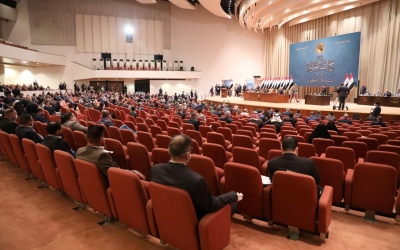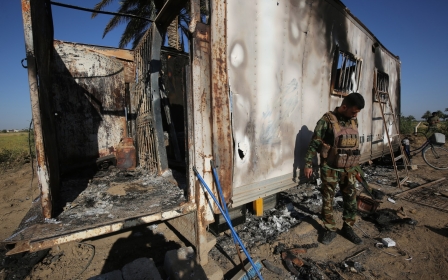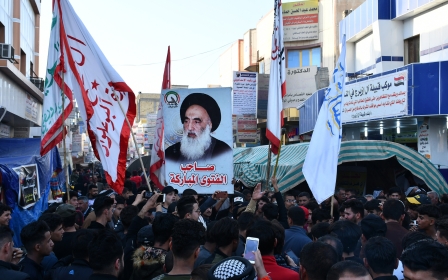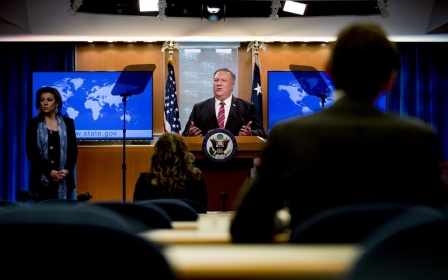Iraq's new government reaches out to October protesters
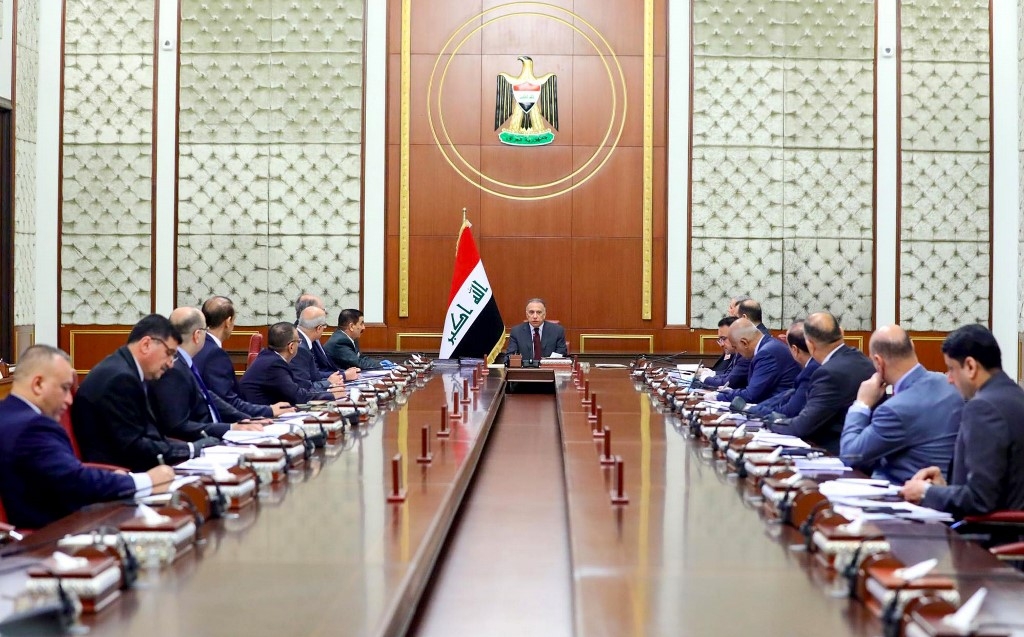
Iraq's new government promised on Saturday to release demonstrators arrested during mass protests that erupted in October and pledged justice and compensation to relatives of more than 550 people killed during that unrest.
The announcement was made in a televised address following Prime Minister Mustafa al-Kadhimi's first cabinet meeting, AFP said.
Kadhimi, who with 15 of his proposed 22 ministers won the confidence of Parliament on Wednesday evening, promised "the truth about everything that happened" during the months-long protests.
He vowed to "hold to account all those who shed Iraqi blood".
Kadhimi has already promised to take a new approach to the social unrest, meeting protesters and consulting with them rather than backing the previous government’s sporadic efforts to crush or ignore the turmoil, the New York Times said.
The October uprising was revolutionary, an unprecedented inclusive movement for a common struggle incorporating the poor and working classes to the educated middle class. University students, workers' unions, and young civil society activists joined forces, MEE reported in January.
Kadhimi was Iraq's intelligence chief when the protests broke out, and his address to the nation comes as calls spread on social media for renewed demonstrations on Sunday.
The government of his predecessor Adel Abdul Mahdi had since October repeatedly said it could not find the "unidentified gunmen" who fired on protesters who took to the streets to demand the overhaul of the political system.
At the start of the protests that would become the largest and bloodiest social movement in Iraq's recent history, many demonstrators carried portraits of General Abdul-Wahab al-Saadi - a highly popular figure in the military campaign to dislodge the Islamic State (IS) group from Mosul in 2017. He had been dismissed by Abdul Mahdi in September.
Kadhimi on Saturday reinstated the general as the head of counter-terrorism, putting him back in charge of units created and armed by the Americans.
The new Iraqi premier has long been seen as Washington's man in Baghdad, but he has also forged close ties with America's arch-foe Iran.
Kadhimi also called on parliament to adopt a new electoral law needed for early elections that had been promised by his predecessor.
Pensions will be paid
The new government had presented itself as a "transitional" cabinet on Wednesday evening.
It rescinded a decision taken by the outgoing government just before it stepped down that blocked all state spending, including civil servants' salaries and pension payments that are relied on by one in five Iraqis.
Pensions will be paid out in the coming days, Kadhimi promised.
But an implosion of oil prices amid the coronavirus pandemic indicates that Iraq will have little option but to impose austerity policies that may give rise to renewed protests.
Middle East Eye delivers independent and unrivalled coverage and analysis of the Middle East, North Africa and beyond. To learn more about republishing this content and the associated fees, please fill out this form. More about MEE can be found here.


